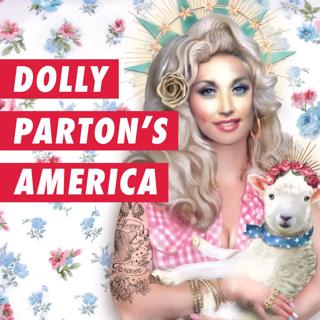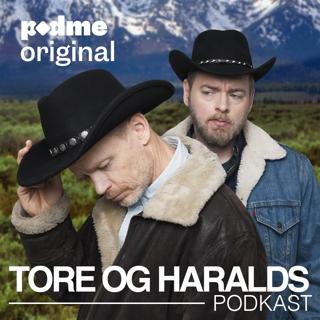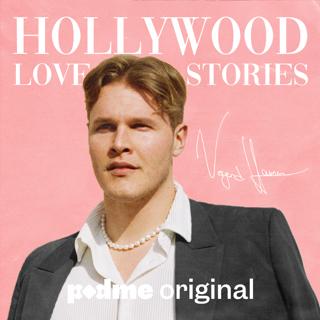
Neon Moss
In this episode, we go back up the mountain to visit Dolly’s actual Tennessee mountain home. But, can you ever go home again? Dolly tells us stories about her first trips out of the holler, and shares with us where she lives now. Back on the mountaintop, standing under the rain by the Little Pigeon River, the trip triggers memories of Jad’s first visit to his father's childhood home, and opens the gateway to dizzying stories of music and migration.
5 Nov 201941min

Tennessee Mountain Trance
We journey into the Dollyverse dimension: "Tennessee Mountain Home."Like all law abiding Tennesseans, Jad grew up with the song on a loop. He hadn’t planned to talk with Dolly about it, but much to his surprise, he is drawn into a Tennessee Mountain Trance. The trance opens a portal to many questions about country music, authenticity, nostalgia and belonging. And to a place called Dollywood. We visit the replica of Dolly’s childhood cabin and find thousands of other pilgrims similarly entranced. Along the way, we meet Wandee Pryor, who lived in a Dolly dreamworld as a girl. And also, halfway around the world, Esther Konkara, the self-proclaimed “Kenyan Dolly Parton,” who sings "Tennessee Mountain Home" as an ode to the hills of Nairobi - hills she has not yet left. The Tennessee Mountain home begins to seem like part of a Disney fairytale.But then, Jad and Shima get a call from Dolly’s nephew and head of security Bryan Seaver, who makes an irresistible offer.
29 Okt 201940min

I Will Always Leave You
Porter Wagoner led the most successful country music television show of its time, and in 1967 he needed a new “girl singer.” He turned to a 21 year old songwriter named Dolly Parton, who’d just recorded her first hit “Dumb Blonde.” So began a nearly decade-long partnership that, behind the scenes, was as contentious as it was commercially successful. This episode tells the story of the “Porter years,” the period during which Dolly arguably discovers her power - both as a performer and songwriter - and then makes the difficult (and radical for its time) decision to strike out on her own. Through interviews with Dolly, country music star Marty Stuart, Wagonmaster Buck Trent, and Porter’s daughter Deborah Wagoner, we explore how Dolly handled what’s sometimes called the great “hillbilly divorce” with such characteristic grace.
22 Okt 201953min

Sad Ass Songs
We begin with a simple question: How did the queen of the boob joke become a feminist icon? Helen Morales, author of “Pilgrimage to Dollywood,” gave us a stern directive – look at the lyrics! So we dive into Dolly’s discography, starting with the early period of what Dolly calls “sad ass songs” to find remarkably prescient words of female pain, slut-shaming, domestic violence, and women being locked away in asylums by cheating husbands. We explore how Dolly took the centuries-old tradition of the Appalachian “murder ballad”—an oral tradition of men singing songs about brutally killing women—and flipped the script, singing from the woman’s point of view. And as her career progresses, the songs expand beyond the pain to tell tales of leaving abuse behind. How can such pro-woman lyrics come from someone who despises the word feminism? Dolly explains.
15 Okt 201957min

Dolly Parton's America Trailer
In this intensely divided moment, one of the few things everyone still seems to agree on is Dolly Parton—but why? That simple question leads to a deeply personal, historical, and musical rethinking of one of America’s great icons.
3 Okt 20190s






















